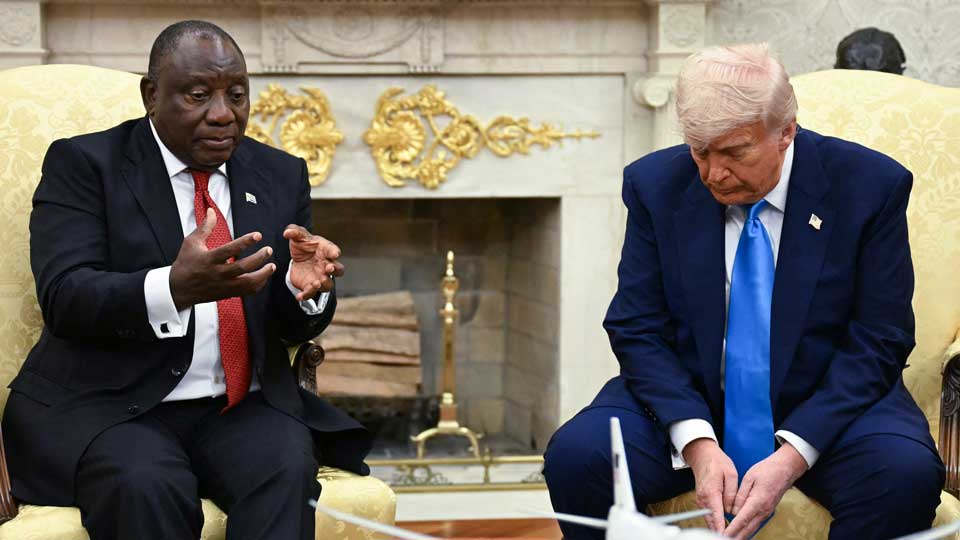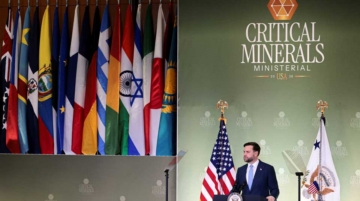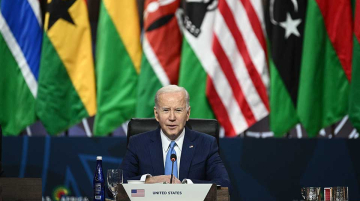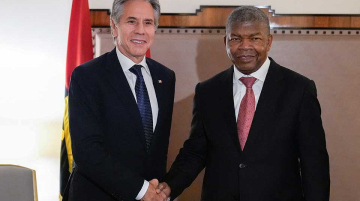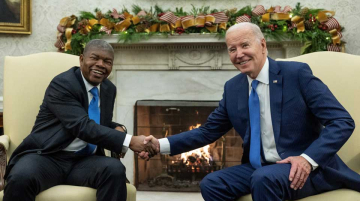It was during the recent meeting between U.S. President Donald Trump and South African President Cyril Ramaphosa — just as the lights dimmed, Trump cued up a video presentation, and the whole encounter veered into political theater — when the question hit me: what is this all good for?
More precisely: what is Africa hoping to gain from the Trump administration? Why bother trying to appease a U.S. leadership whose very raison d’etre is to refuse theatrically to be appeased? Who would agree to an U.S. White House meeting knowing that they’ll only be ambushed?
